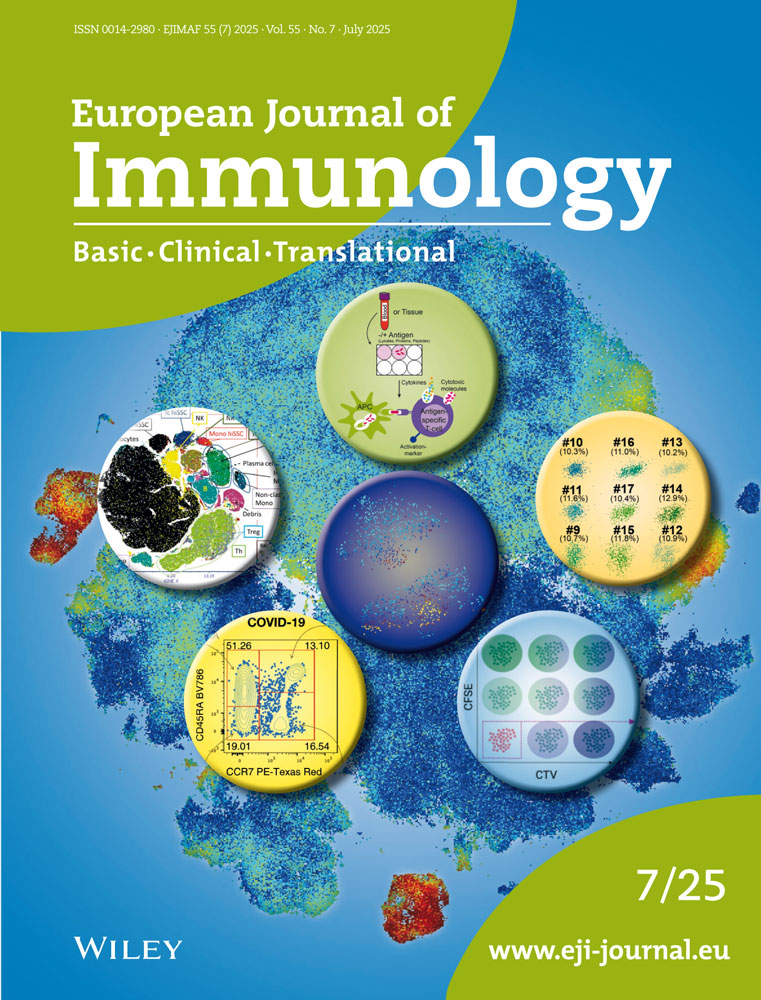B lymphocytes are impaired in mice lacking the transcriptional co-activator Bob1/OCA-B/OBF1
Abstract
The protein Bob1 (also called OCA-B or OBF-1) is a B lymphocyte-specific transcriptional co-activator which can stimulate transcription by interaction with Oct-1 or Oct-2 and the octamer sequence found in the promoter and most enhancer regions of the immunoglobulin genes. The role that Bobl plays in the maturation and function of B cells was investigated in mice deficient for Bobl1. Although early stages of B cell development in the bone marrow do not appear to be affected, these mice show reduced numbers of B cells in peripheral lymph-oid organs. Based on staining for B220, heat-stable antigen, and IgD, this reduction is particularly strong in those cells representing the more mature B cell stages. Probably as a consequence of this reduction in mature B cells, Bobl1-deficient mice show reduced serum titers of the immunoglobulin isotypes IgG1, IgG2a, IgG2b and IgA, but not IgM. Histological examination of sections from spleen and lymph nodes reveal that while Bob-1-deficient mice have primary follicles, they lack well-developed germinal centers. Interestingly, B1 (Ly1) B cells in the peritoneum do not appear to be affected by the lack of Bobl1. Taken together, these results suggest that, at least in conventional B cells, Bob1 plays in important role in the antigen-driven stages of B cell activation and maturation.




